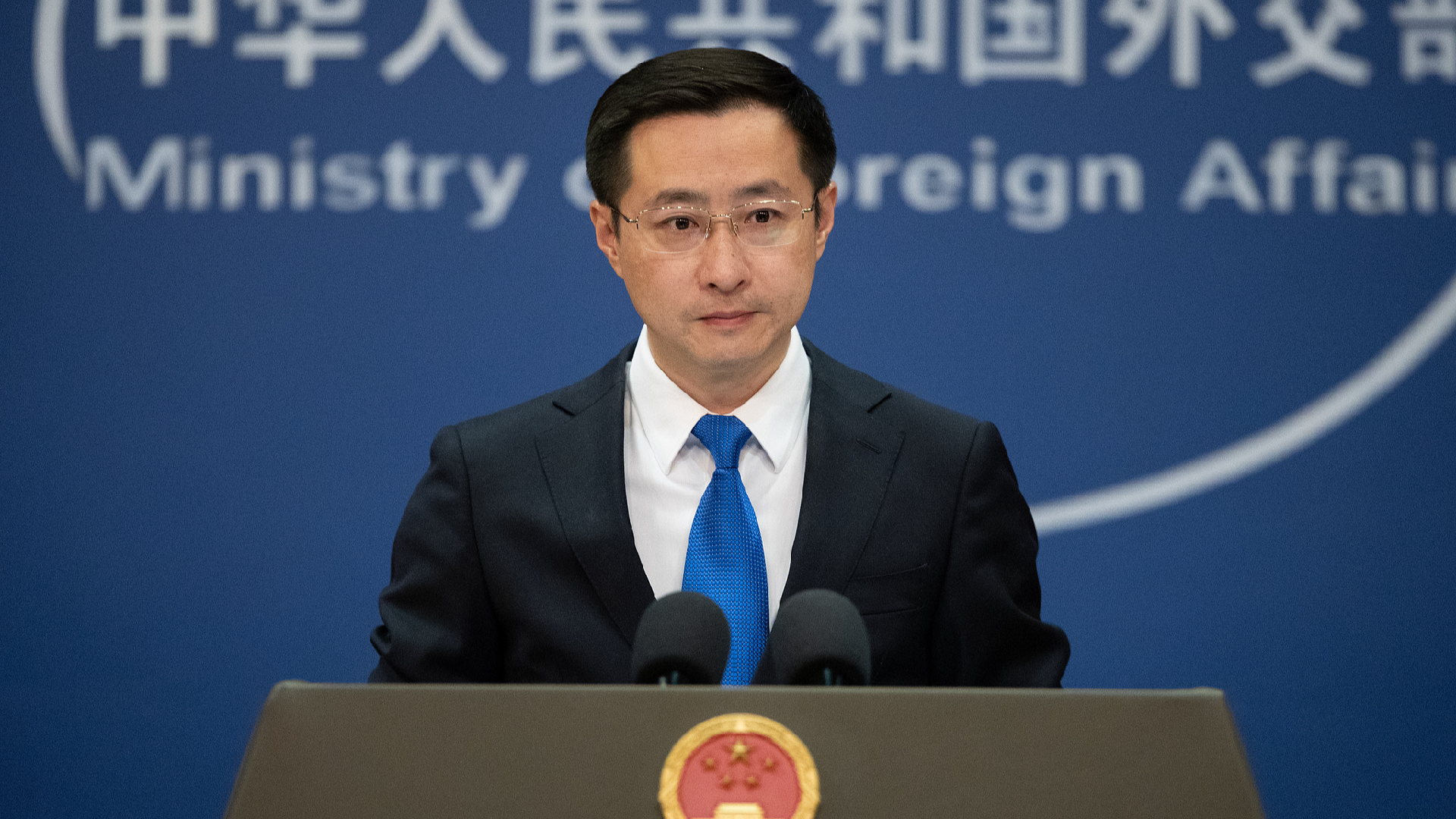China Calls on U.S. to Halt Arms Sales to Taiwan in bid to reduce regional tensions
China calls on U.S. to cease weapons sales to Taiwan, escalating regional tensions.

The debate over arms sales to Taiwan has once again heightened tensions between Beijing and Washington, as Chinese Foreign Ministry spokesperson Lin Jian made clear statements underscoring the sensitivity of the issue at a press conference in Beijing. According to Lin, the Taiwan question is not simply a point of diplomatic disagreement but the very core of China's core interests and a fundamental "red line" in China-U.S. relations that cannot be crossed.
Lin's remarks follow recent reports suggesting that the United States is considering an increase in weapons sales to the Taiwan region. Such developments have historically elicited strong responses from Beijing, which views arms deals with Taipei as direct interference in China's internal affairs and a violation of prior bilateral agreements. Lin reiterated China's firm opposition to these sales and firmly called on the U.S. to honor its commitments under the one-China principle and the key provisions outlined in the three China-U.S. joint communiques, with a particular emphasis on the August 17 Communique of 1982.
In his comments, Lin warned that the continuation or escalation of arms transfers would not only contravene established agreements but also risk fueling instability across the Taiwan Straits. "The United States must cease arms sales to Taiwan and refrain from creating factors that escalate tensions," Lin stated, underscoring Beijing's expectation for Washington to avoid actions that could exacerbate cross-strait friction.
Amidst the growing diplomatic discord, the Chinese government has maintained a consistent stance on the matter, insisting that national sovereignty and territorial integrity are non-negotiable. "China's resolve to safeguard its national sovereignty and territorial integrity remains unwavering," Lin affirmed, signaling that any perceived infringement would likely provoke further action from Beijing. The situation continues to be closely monitored by international observers, reflecting the broader implications such disputes hold for regional security and U.S.-China relations moving forward.




